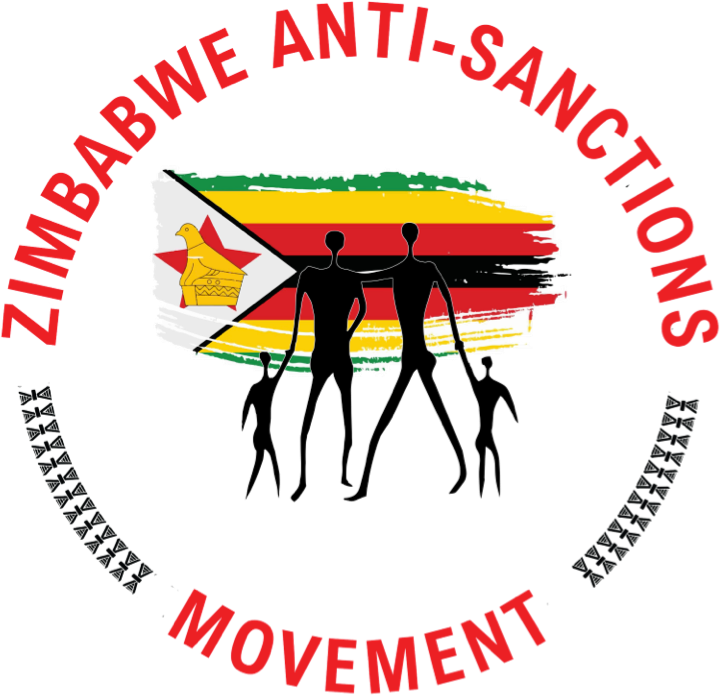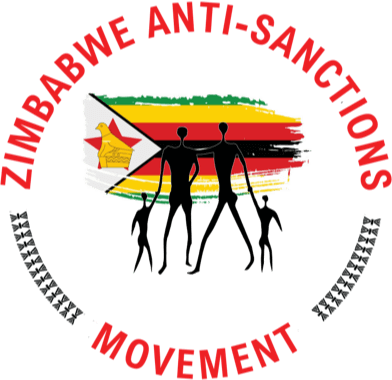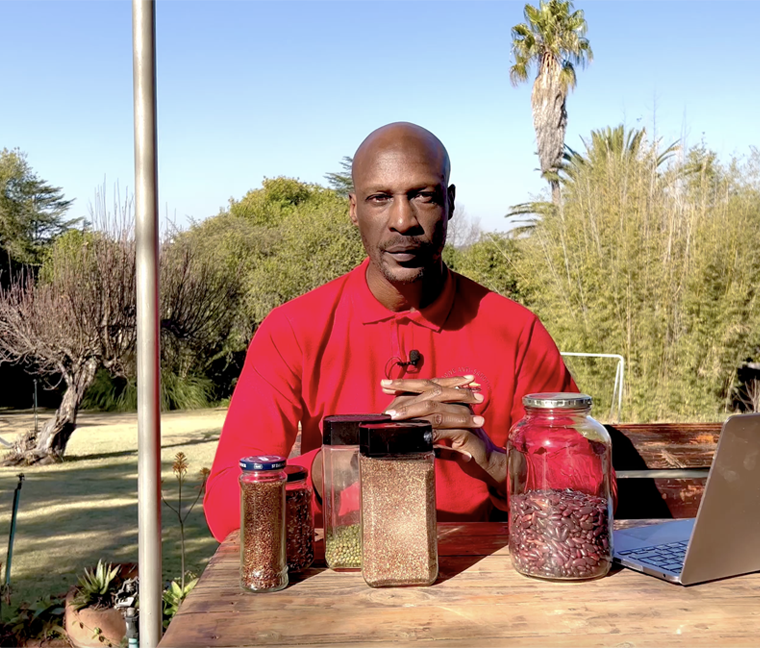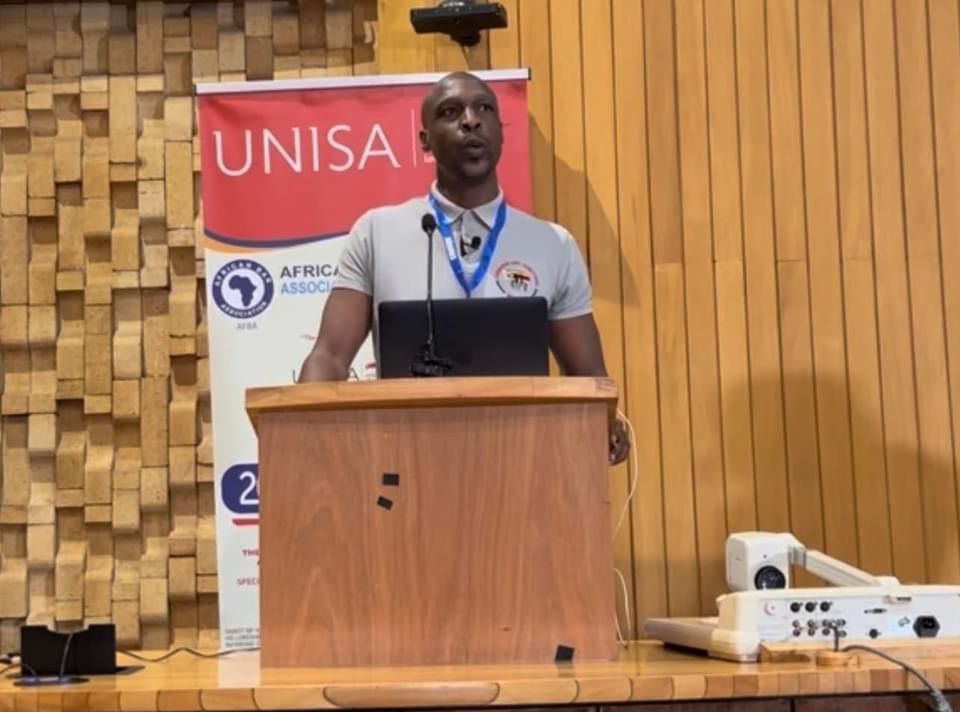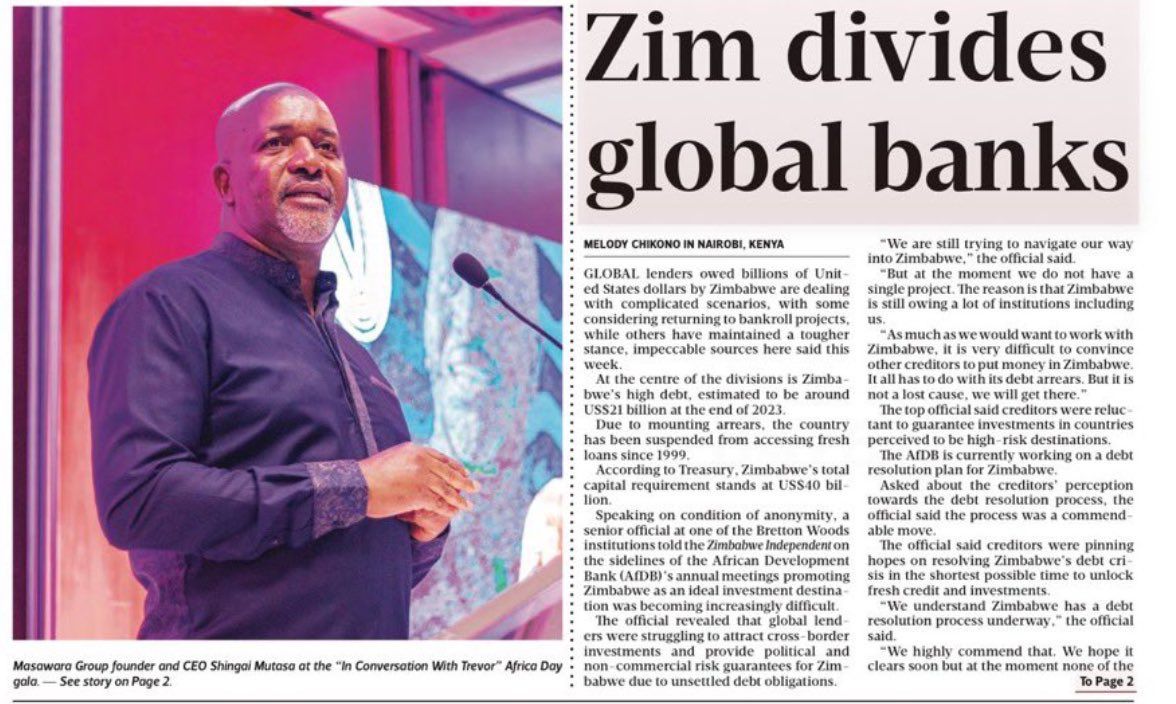
According to a recent newspaper article, despite Zimbabwe’s estimated $21 billion debt to lenders, some international banks are interested in lending to the country following the removal of sanctions upon that country. However, the article inaccurately states that Zimbabwe stopped receiving loans from international lenders in 1999 due to defaulting on repayments. Yet, in reality, Zimbabwe’s first default occurred in 2000, after the US and western countries pressured the IDA (International Development Association) and IMF to deny Zimbabwe previously approved loans, even before Zimbabwe defaulted.
This denial of approved loans before Zimbabwe defaulted, marked the beginning of illegal sanctions on the country, as indicated in the ZDERA Act.
As a resolution, we believe that in line with International Court of Justice guidelines on reparations for gross human right violations, Zimbabwe is entitled to reparations for these illegal sanctions, which were imposed unofficially in September 1999 by some of these banks that claim to be owed money by Zimbabwe, when the:
1. IDA and IMF denied government of Zimbabwe, already approved loans for infrastructure projects and improvement of healthcare and transport.
2. The EU and US would go further from 2002 to impose further illegal, extrajudicial, extraterritorial and unilateral sanctions in the form of #EuropeansCouncilCommonPosition 2002/145/CFSP, #EuropeanCouncilRegulations EC310/2002, 314/2004 and #EuropeansCouncilDecision 2011/101/CFSP, which closed Zimbabwean products off from Europe, saw a 76% fall in trade between Zimbabwe and Europe and denied Zimbabwe over $132 million in humanitarian and economic aid,
3. US executive order sanctions #EO13288, #EO13391 and #EO13469 of 2008, that deprived Zimbabwe of payment clearance, technology, software, tools, loans, investment, access to international markets; hindering Zimbabwe’s international trade, exports, foreign currency generation, economic development, tax collection to enable the government to repay the debts and denied civilians the enjoyment of their human rights.
The reparations sought from the sanctions senders and implementors like the banks, can then be used to of-set and repay some of Zimbabwe’s debts to banks that were also complicit in implementing the illegal sanctions that destroyed Zimbabwe’s ability to repay the same loans. #ZimReparationsForUSSanctions.
